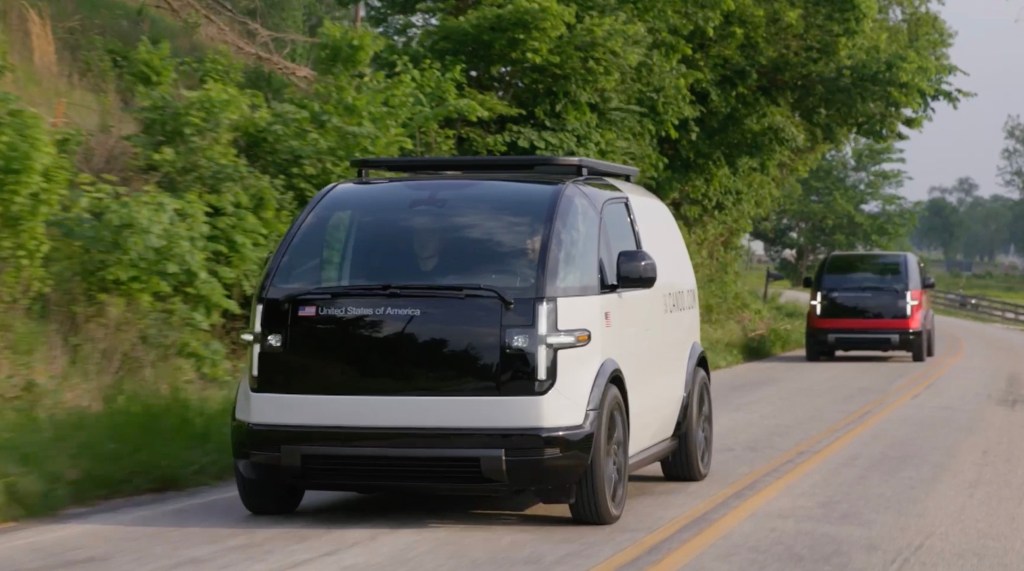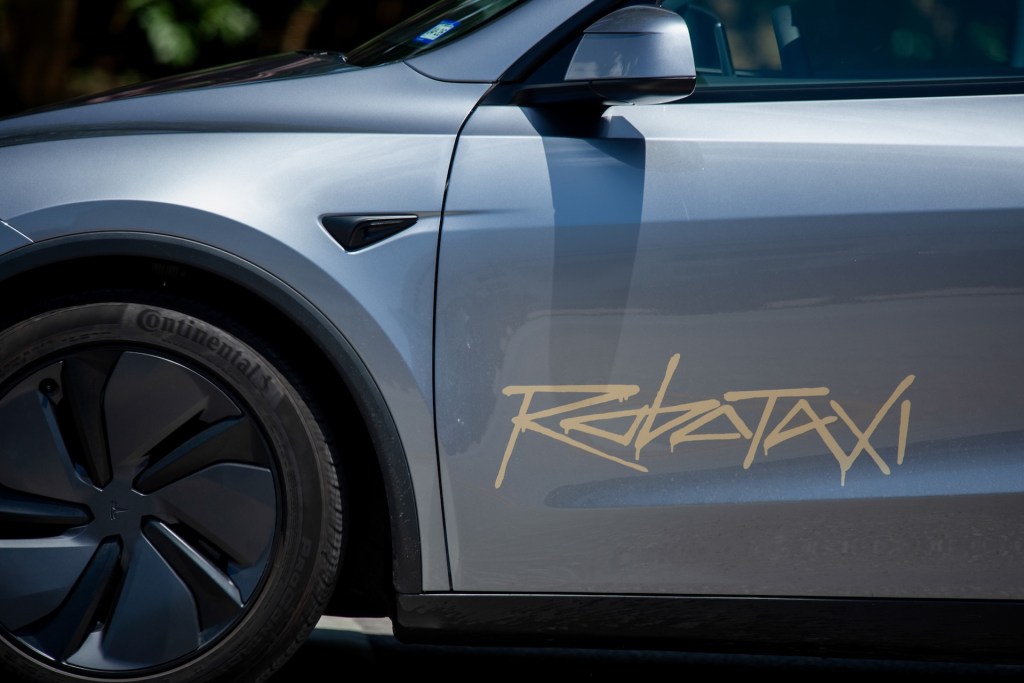In a recent development within the electric vehicle (EV) industry, a London-based investor, Charles Garson, has petitioned a Delaware bankruptcy court to halt the sale of Canoo’s assets to its CEO, Anthony Aquila. Garson contends that the sale process was flawed and that his superior bid was unjustly overlooked.
Background on Canoo’s Financial Struggles
Canoo, an EV startup founded in 2017, aimed to revolutionize the automotive market with its innovative electric vans. Despite securing contracts with prominent entities such as NASA, the Department of Defense, the United States Postal Service, the state of Oklahoma, and Walmart, the company faced persistent financial challenges. In January 2025, Canoo filed for Chapter 7 bankruptcy, citing an inability to secure necessary funding from the U.S. Department of Energy’s Loan Program Office and unsuccessful attempts to attract foreign investment. At the time of filing, the company reported assets worth $126 million and liabilities exceeding $164 million.
The Asset Sale Controversy
Following the bankruptcy filing, Canoo’s assets were put up for sale. CEO Anthony Aquila submitted a bid comprising $4 million in cash and the extinguishment of approximately $11 million in loans owed to his financial firm. This bid was accepted, and the sale was finalized on April 11, 2025.
However, Charles Garson, an investor with a background in real estate investments through his company, Garland Holdings Limited, claims to have offered $20 million for Canoo’s assets—a bid significantly higher than Aquila’s. According to court filings, Garson was informed by the bankruptcy trustee that his offer would be considered and that he had until the end of April to finalize the details. Despite this, the trustee proceeded with the sale to Aquila without further consideration of Garson’s bid.
Legal Actions and Implications
Garson’s legal team has filed a motion to vacate the sale, arguing that the trustee’s actions were unjust and that the sale process was flawed. The motion states that Garson was led to believe he had sufficient time to submit his superior bid and that the trustee’s decision to proceed with Aquila’s offer was premature and unjustified.
This challenge is not isolated. Harbinger Motors, an EV trucking startup founded by former Canoo employees, previously objected to the sale, though their objection was overruled by the bankruptcy judge. Harbinger has since filed an appeal.
The outcome of Garson’s motion could have significant implications for Canoo’s creditors and the broader EV industry. If the court finds merit in Garson’s claims, it may reopen the bidding process, potentially leading to a more favorable outcome for creditors. Conversely, upholding the sale to Aquila could set a precedent for how asset sales are conducted in bankruptcy proceedings within the EV sector.
Conclusion
The legal battle over Canoo’s asset sale underscores the complexities and challenges faced by EV startups navigating financial distress. As the court deliberates on Garson’s motion, stakeholders across the industry will be watching closely, recognizing that the decision could influence future bankruptcy proceedings and asset sales in the rapidly evolving EV market.



